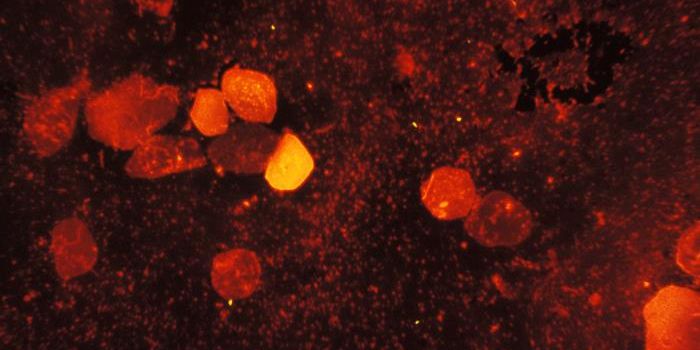An Early Warning System for Type 1 Diabetes in Children
In type 1 diabetes, or T1D, the body’s own immune system mistakenly launches an aggressive attack on insulin-producing islet β cells in the pancreas. While the causes and triggers of this autoimmune condition are still being pieced together, researchers have now identified a means of detecting the early warning signs of T1D months or even years before the disease is typically diagnosed. This opens up the possibility of intervening sooner to slow or even halt the progression of T1D in children.
Researchers at the University of South Florida Health Informatics Institute (HII) found that tracking gene expression patterns in white blood cells in infants can help accurately predict babies most at-risk for T1D development. The research was published in the journal Science Translational Medicine.
"Our identification of specific changes in the blood related to natural killer cells provides evidence for the potential involvement of these immune cells in the onset or progression of type 1 diabetes in asymptomatic children," said Hemang M. Parikh, a bioinformatics expert, and co-investigator on the study. "This creates a possible new target for early therapeutic intervention using immune modulation."
Parikh and colleagues studied blood samples taken from 400 children over the course of 6 years after birth. These children were part of The Environmental Determinants of Diabetes in the Young (TEDDY) consortium. Using a combination of genomics and bioinformatics analytical tools, the researchers studied the genetic landscape of these samples, taking a closer look at key genes that spiked and dipped over the 6 year period.
The researchers found distinct, signature changes in the gene expression patterns of white blood cells in the children who were later diagnosed with T1D. These were markedly different from the patterns in healthy children. The scientists also discovered that these gene expression signatures originated in a subset of immune cells called natural killer (NK) cells. NK cells had previously been found to be active in children with T1D, however, their role in T1D onset has yet to be established.
Based on these findings, the team created a robust predictive model which can help families with children at risk of T1D development to get access to clinical interventions sooner and potentially improve health outcomes.
"This type of large-scale research is only possible through the collaboration of many people, including healthy children at risk for T1D, patients with T1D, their families, and countless others," Dr. Parikh commented. "USF is fortunate to play a part in such huge international efforts to tackle this complex autoimmune disease."
Sources: Science Translational Medicine, University Of South Florida (USF Health).









